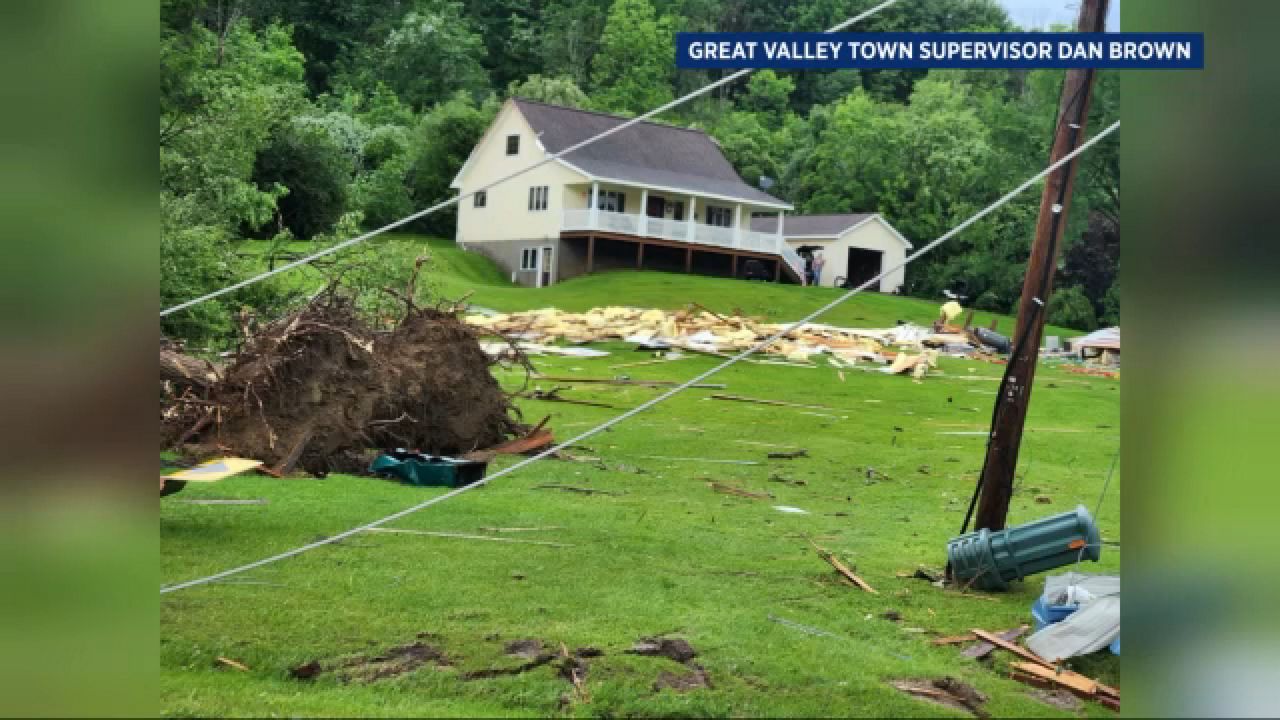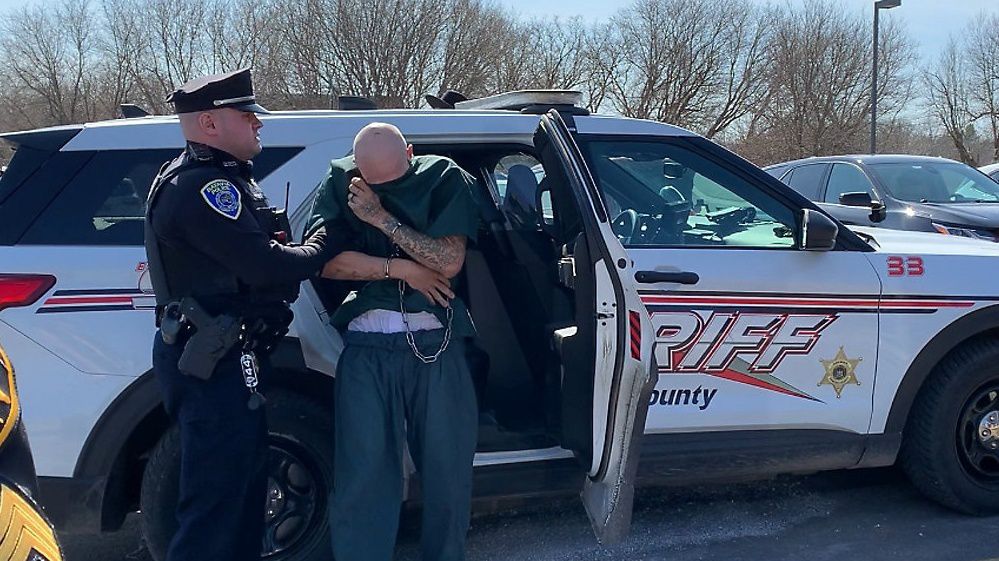ROCHESTER, N.Y. — Celebration and parades across the country this Memorial Day will commemorate and honor our service members who died while serving in the military.
But not all service members will be honored for their acts of service, bravery and patriotism.
“I had a real talent in the areas of homeland security and intelligence and counterintelligence. 2015 is when I graduated,” Lt. Nicolas Talbot said. “Shortly after that, the Obama administration opened military service to transgender folks. That kind of set me on a roughly 9-year journey that it took me to get to where I am today. Dealing with the stress of potentially losing my status as a military member and losing the job and potentially the career that I've spent my entire adult life working for.”
Joining the U.S. Army in 2024 after nearly a decade of trying to serve, Nicolas Talbott, a transgender service member, is not just fighting for his future, but holding the line for thousands of others.
“So many people have made this their career,” Lt. Talbott said. “Their entire life has focused on the United States military. And to suddenly take away thousands of people filling those roles. These are voids that can not be filled easily. These are people who have gone out into deployments, into combat zones, next to their comrades, and suddenly their space is going to be occupied by somebody else. And the kinds of bonds that you form from being in those situations are not easily replaceable, even by the most qualified person.”
However, the United States Army has posted on X, “Individuals with gender dysphoria have volunteered to serve our country and will be treated with dignity and respect.” This follows President Trump’s executive order, which states, “Expressing a false gender identity divergent from an individual's sex cannot satisfy the rigorous standards necessary for military service.”
Lt. Talbott is one of the lead plaintiffs in Talbott v. United States, a case brought by GLAD Law and the National Center for Lesbian Rights, challenging the Trump administration’s 2025 ban on transgender military service.
“When I first became involved in Stockman v Trump back in 2017, I was asked by the legal team to be a named plaintiff and to also help with some of the advocacy work around that case,” Lt. Talbott said. “And at the time, I was living with my now late grandmother and she was actually the one who encouraged me to use my position and use my voice to stand up not only for myself, but for everyone else who's dealing with this right now. I like to hope that I am, giving other people hope and giving them some confidence and reminding them that there is a light at the end of the tunnel.”
The Pentagon estimates that over 4,200 active-duty service members have been diagnosed with gender dysphoria. Advocacy organizations, however, assert that the true number of transgender service members are significantly higher - approximately 15,000.
“So they can live, but they can't die for our country,” WAVE Women Inc. founder Javannah J. Davis said. “And that's very sad. And considering LGBTQ plus folks have been in the military since wars have started. I just find it to be a senseless target. Unfortunately, when it comes to gender, gender dysmorphia and denying veterans the right to serve and continue on even with their health care, it results in death.”
Davis has found the ban heartbreaking. As an advocate, professional health care worker and a transgender herself, she has seen firsthand how the ruling will impact the community and future generations to come.
“Their country is so against them that they can't even show their honor and their support to a country that they love so much,” Davis said. “Because this is home for many of us. And taking away those benefits. You're taking food out of the mouths of their families. Some of us are the main breadwinners in our communities or in our families. And if we don't have anything to plant in our gardens, how can we allow anything to grow to feed our people?”
Memorial Day serves as a moment to reflect upon and pay tribute to those service members who have made the ultimate sacrifice. However, for its supporters, this occasion also presents a chance to acknowledge the often-overlooked transgender service members who have lost their lives in past conflicts, as well as to address the ongoing challenges posed by the current administration's policies against them.
“The issue of transgender people being removed from the United States military is something that every American citizen should be deeply concerned about,” Lt. Talbott said. “We want the best, the brightest, the most combat ready people and the most passionate people defending this nation and those of us who have put on the uniform absolutely to meet those marks. And simply our status as being transgender should not detract from that.”
Transgender service members have until June 6 to self-identify and begin the voluntary separation process, while transgender service members serving in the reserve forces have until July 7.










